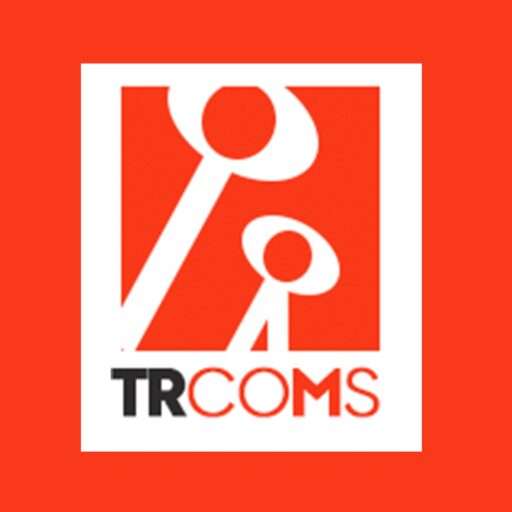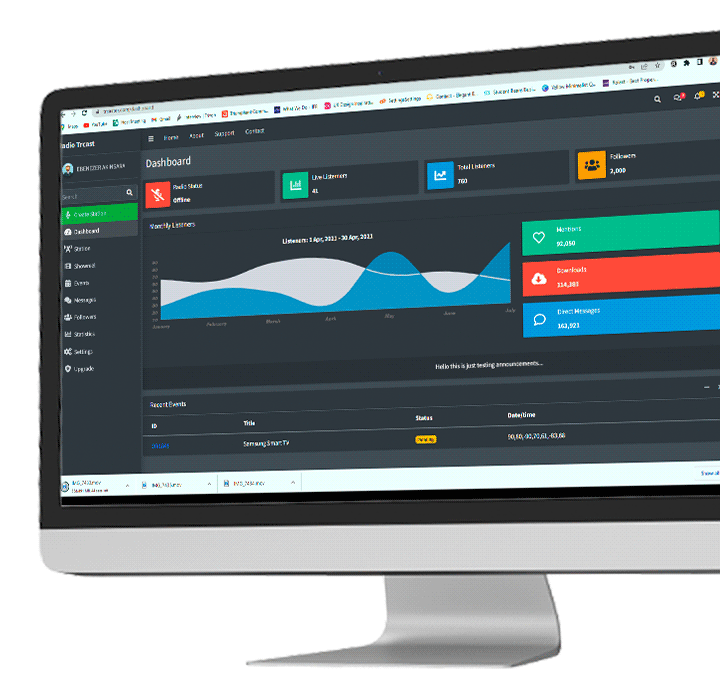Unlocking the Potential of Blockchain Technology
Key Features and the Applications of Blockchain:

Blockchain is a decentralized and distributed digital ledger technology that securely records and verifies transactions across multiple computers or nodes. Often associated with cryptocurrencies like Bitcoin, blockchain’s applications extend far beyond digital currencies. Fundamentally, a blockchain is a chain of blocks, each containing a list of transactions.
Key Characteristics of Blockchain:
-
Decentralization: Blockchain operates on a peer-to-peer network, eliminating the need for a central authority. Each participant has a copy of the entire blockchain, which removes intermediaries and establishes a distributed consensus mechanism.
-
Security: Advanced cryptographic techniques ensure the security and integrity of data. Each block has a unique identifier (hash) based on its data, and these hashes link blocks together in a chain. Modifying a block requires altering subsequent blocks, making tampering computationally impractical and highly secure.
-
Transparency: Transactions recorded on the blockchain are visible to all network participants. This transparency fosters trust, allowing any participant to verify and audit transactions for accountability.
-
Immutability: Once added to the blockchain, a block’s information is extremely difficult to alter or delete. The distributed nature of blockchain ensures multiple copies of the ledger exist, making it resistant to tampering.
-
Smart Contracts: Blockchain supports self-executing smart contracts—programmable scripts that automatically enforce predefined terms and conditions when specific criteria are met. These contracts enhance automation, efficiency, and enforceability without intermediaries.
Applications of Blockchain Technology:
Blockchain technology extends beyond cryptocurrencies to various industries, providing increased transparency, security, efficiency, and trust. Some key applications include:
- Supply Chain Management: Enhancing traceability and reducing fraud.
- Healthcare: Securely managing patient records and ensuring data privacy.
- Voting Systems: Providing tamper-proof and transparent electoral processes.
- Identity Verification: Offering secure and immutable identity management.
- Intellectual Property: Protecting and verifying ownership rights.
Types of Blockchains:
- Public Blockchains: Open to anyone and fully decentralized.
- Private Blockchains: Restricted access, typically used by a single organization.
- Consortium Blockchains: Permissioned networks managed by multiple organizations.
Each type of blockchain has its use cases and considerations regarding privacy, scalability, and governance.
Blockchain technology has the potential to revolutionize various industries by enhancing transparency, security, efficiency, and trust in business processes. As blockchain continues to evolve, its applications and benefits will expand, transforming how businesses and organizations operate.










